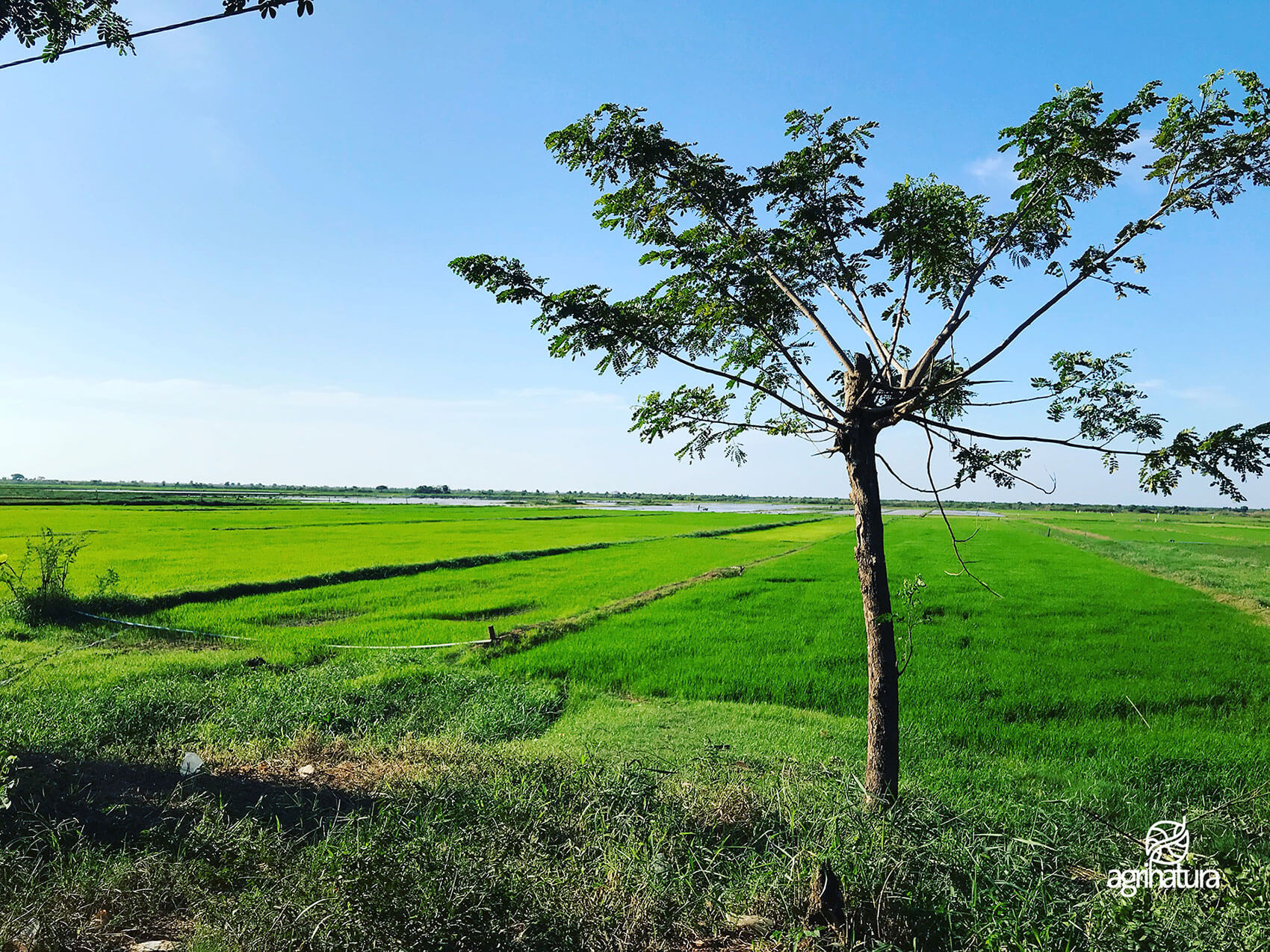
In this section studies, reports, policy briefs are described as a part of Agrinatura work in cooperation with its partners in the field of Agriculture Research for Development for a sustainable future are available and can be downloaded here.
Value Chain Analysis for Development: Providing Evidence for Better Policies and Operations in Agricultural Value Chains Conference Synthesis
+Agrinatura Position Paper - Aginatura's role in supporting innovation for food system transformation
+Climate change, biodiversity and nutrition nexus: Evidence and emerging policy and programming opportunities
+Call for research topics: Lessons learned for value chains development
+Climate Smart Agriculture (CSA) policy brief
+AGRA. (2021). Africa Agriculture Status Report. A Decade of Action: Building Sustainable and Resilient Food Systems in Africa
+Activating the intrinsic motivations of beneficiaries for longer lasting conservation and development projects by Driss Ezzine de Blas
+YPARD Mentoring Toolkit
+Youth and the Rural Economy in Africa - Hard Work and Hazard
+Agrinatura Position on Research and Innovation in Food Systems, a contribution to the dialogues preparing the UN Food Systems Summit
+Innovator's Handbook: Enabling sustainable food systems
+STRATEGIES FOR TRASTRATEGIES FOR TRANSFORMING SMALLHOLDER FARMING IN AFRICANSFORMING SMALLHOLDER FARMING IN AFRICA
+Agroecology Now! Transformations Towards More Just and Sustainable Food Systems
+Cocoa agroforestry systems in Africa – the art of reconciling sustainable production and ecological services
+Agrinatura’s position on the future of global food systems in relation the EC’s Farm to Fork Strategy
+Agris Mundus Master of Science in Sustainable Development in Agriculture – Book of Abstarcts
+CDAIS Stories of change
+2017 CDAIS Global Overview
+Mid-term Evaluation of the Project “Capacity Development for Agricultural Innovation Systems” (CDAIS)
+CDAIS Global Overview 2016
+MSFSCC Project Brief 2018
+NRI Annual Review 2017
+VCA 4-pager French (1) VCA 4 -pager Spanish (1) VCA 4-pager English (1)
+VCA4D Metodological Brief
+VCA4D-Mali 6-pager
+FFKP AUDIENCE DATA OVERVIEW
+Final draft Minutes GFAR 31st Steering Committee Rome Feb 2017
+Ethiopian dairy value chains
+Family Farming Knowledge Platform Data_December 2016
+Value Chain Analysis for Development VCA4D DEVCO C1
+Agriculture Market information systems – policy brief
+Capacity development for agricultural research for development – policy brief
+Capacity development for agricultural research for development – study
+From IAASTD and the WDR 2008 to the GCARD process: rethinking the role of Agricultural research for development – policy brief
+Impact Assessment Policies and Practices of EIARD members – policy brief
+Impact assessment policies and practices of EIARD members – study
+Making ARD more pro-poor, Improving the accessibility and relevance of ARD results to the poorest – policy brief
+Making ARD more pro-poor, Improving the accessibility and relevance of ARD results to the poorest – study
+Agenda for Change
+